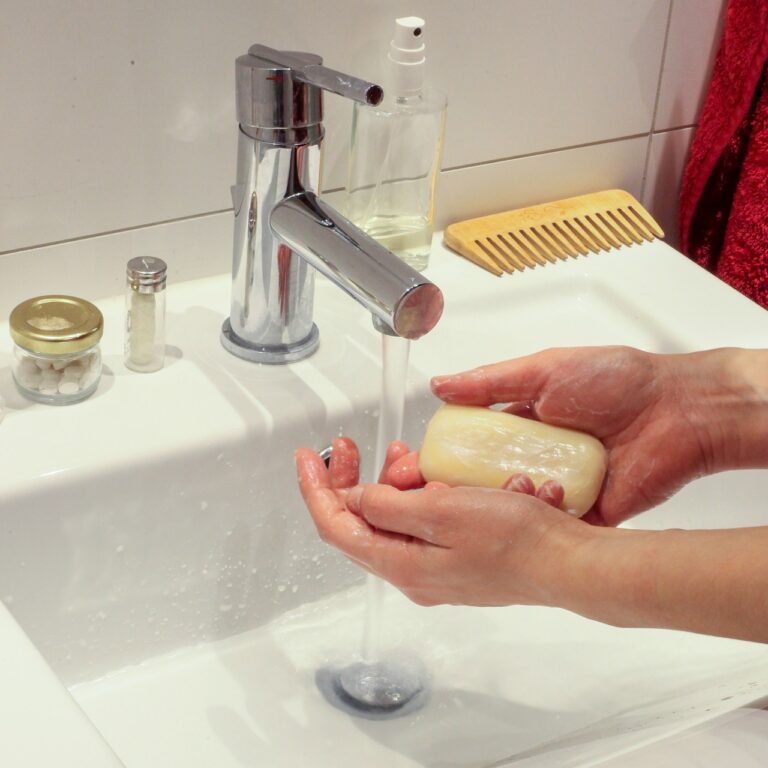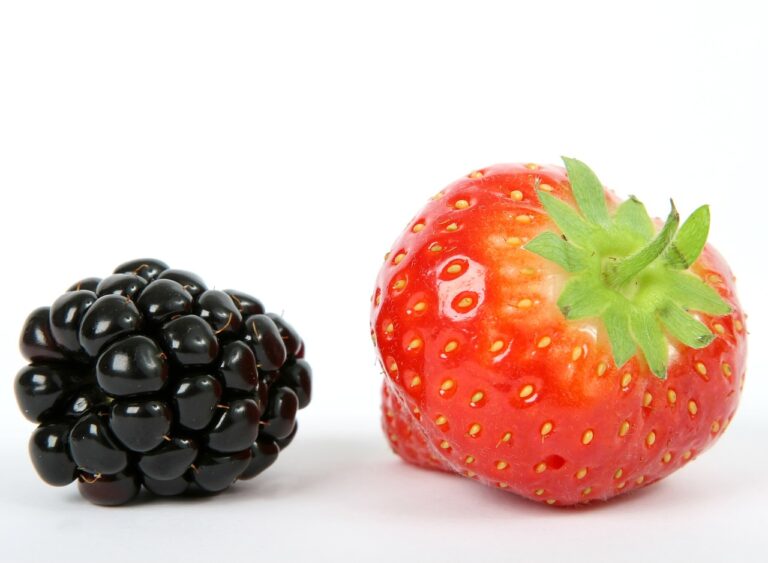AI-Powered Drug Discovery Platforms: Accelerating Innovation in Pharma R&D
Drug discovery in the pharmaceutical industry is a complex and multi-faceted process that involves the identification, development, and testing of potential new medications. It typically begins with the identification of a target, such as a specific disease pathway or protein, that could be modulated to treat a particular condition. Researchers then screen large libraries of chemical compounds to find potential drug candidates that could interact with the target in a desired way.
Once potential drug candidates are identified, they undergo extensive testing in laboratory settings and animal models to evaluate their safety, efficacy, and pharmacokinetic properties. Promising compounds are then advanced to clinical trials, where they are tested in humans to determine their safety and effectiveness. This process is highly regulated and can take years, with many compounds failing to make it past the early stages of development. However, successful drug discovery efforts have the potential to significantly impact public health by bringing new and effective treatments to patients in need.
Drug discovery in the pharmaceutical industry involves identifying targets for potential new medications
Large libraries of chemical compounds are screened to find drug candidates that interact with the target
Identified drug candidates undergo extensive testing in laboratory settings and animal models
Promising compounds are advanced to clinical trials to test safety and effectiveness
The drug discovery process is highly regulated and can take years, with many compounds failing early on
Successful drug discovery efforts have the potential to bring new effective treatments to patients
Challenges Faced in Traditional Drug Discovery Process
Traditional drug discovery process often struggles due to high costs associated with research and development. The lengthy timelines required for developing a new drug can also pose a significant challenge. Researchers are constantly faced with the uphill task of identifying and validating potential drug targets, which adds to the complexity of the process.
Moreover, the process of identifying lead compounds and optimizing them for efficacy and safety is time-consuming and resource-intensive. The need for extensive preclinical and clinical trials further adds to the challenges faced during traditional drug discovery. Additionally, issues related to low success rates and high attrition rates of drug candidates in later stages of development present significant obstacles to the process.
Role of Artificial Intelligence in Drug Discovery
Artificial intelligence (AI) is revolutionizing the landscape of drug discovery in the pharmaceutical industry. By employing machine learning algorithms, AI has the capability to analyze massive datasets and predict potential drug candidates with higher precision and efficiency compared to traditional methods. This technology accelerates the drug discovery process by assisting researchers in identifying promising compounds for further experimentation and development.
Moreover, AI enhances the drug discovery process by enabling virtual screening of chemical compounds to identify potential drug candidates that exhibit desired pharmacological properties. This approach helps in narrowing down the pool of compounds that need to be tested in vitro and in vivo, saving time and resources. The integration of AI into drug discovery not only streamlines the research process but also increases the likelihood of identifying novel and effective treatments for various diseases.
What is the traditional drug discovery process in the pharmaceutical industry?
The traditional drug discovery process involves identifying a target, screening compounds for potential therapeutic activity, optimizing lead compounds, and conducting preclinical and clinical trials.
What are some of the challenges faced in the traditional drug discovery process?
Some of the challenges include high costs, long timelines, low success rates, and limited predictability of outcomes.
How can artificial intelligence help in drug discovery?
Artificial intelligence can help in drug discovery by analyzing large amounts of data to identify potential drug candidates, predict drug-target interactions, and optimize lead compounds more efficiently.
What are some examples of artificial intelligence techniques used in drug discovery?
Some examples of artificial intelligence techniques used in drug discovery include machine learning, deep learning, natural language processing, and virtual screening.
How is artificial intelligence expected to impact the future of drug discovery?
Artificial intelligence is expected to accelerate the drug discovery process, improve success rates, reduce costs, and enable the development of personalized medicine.







